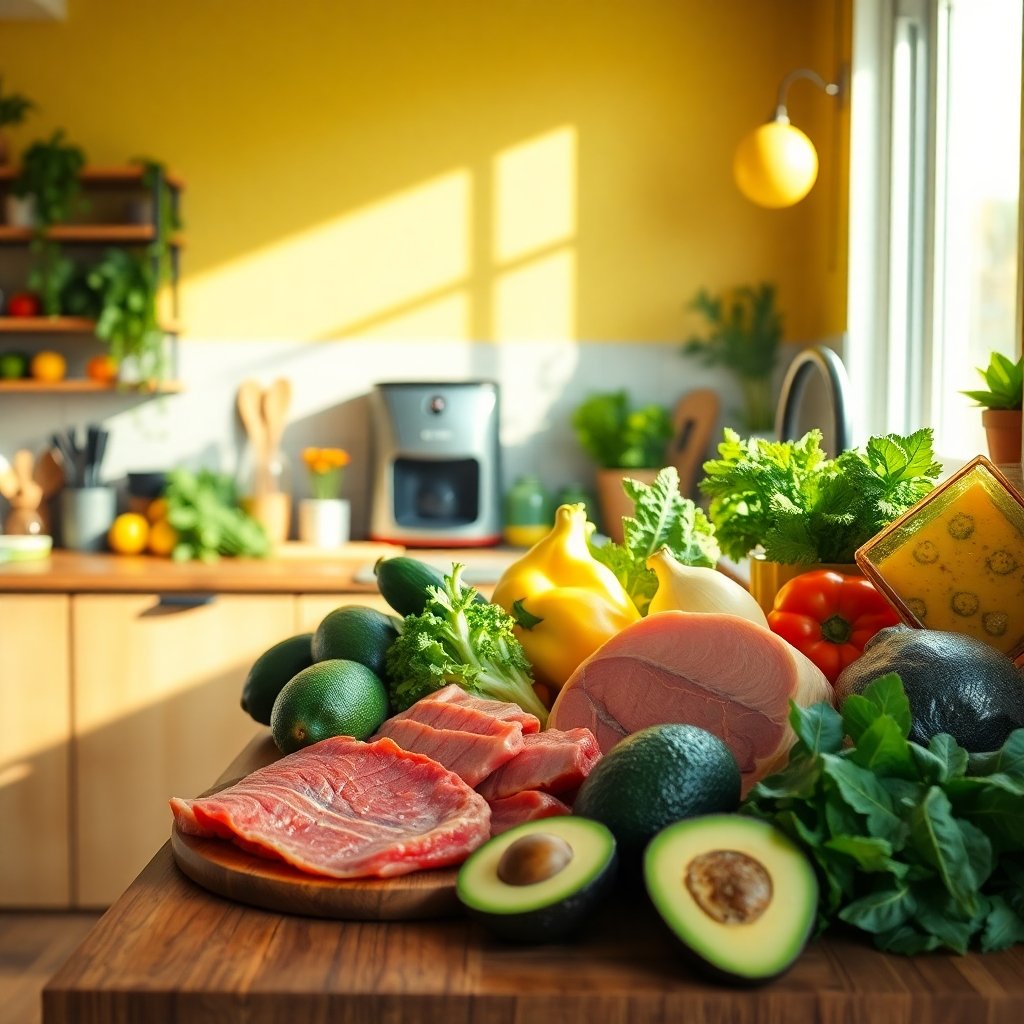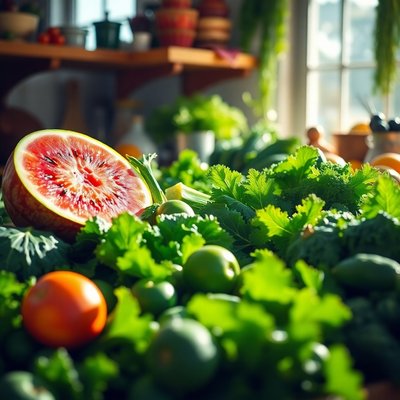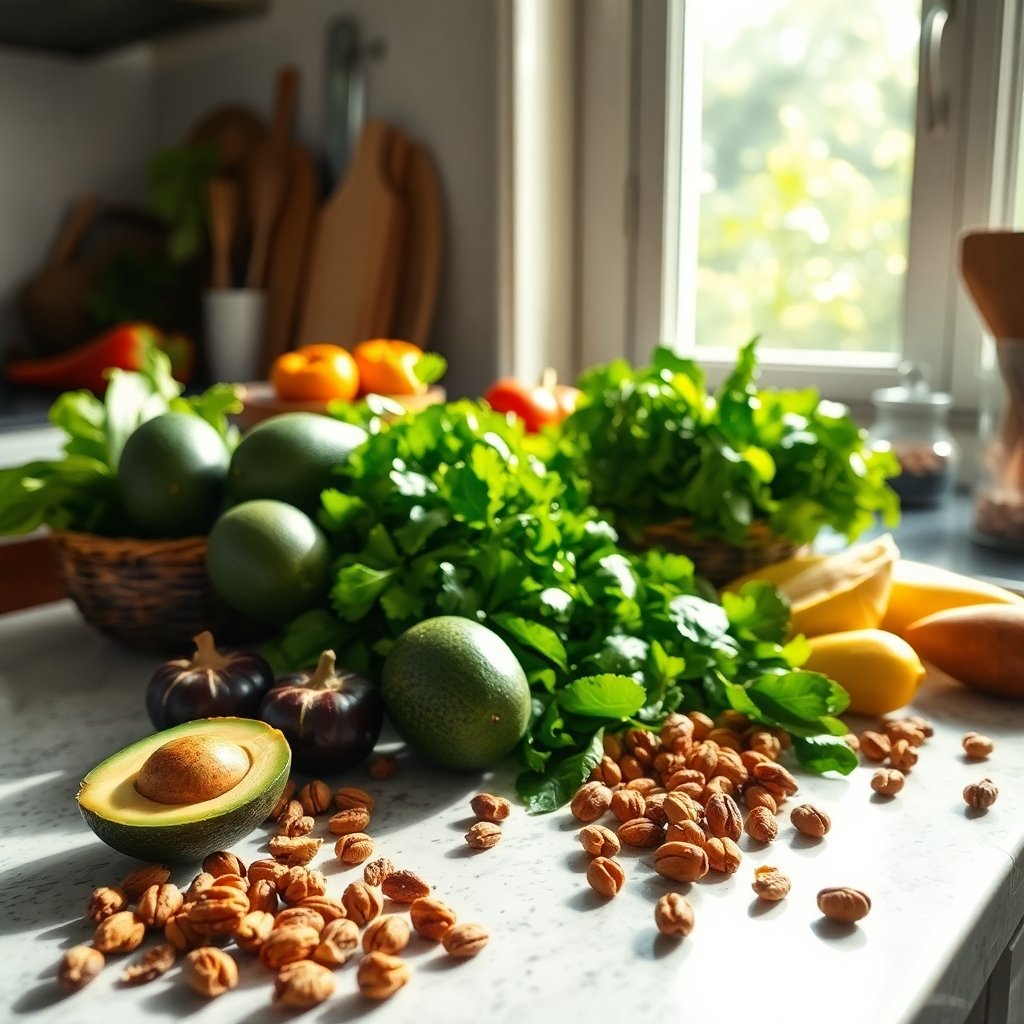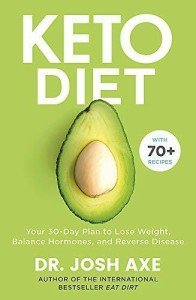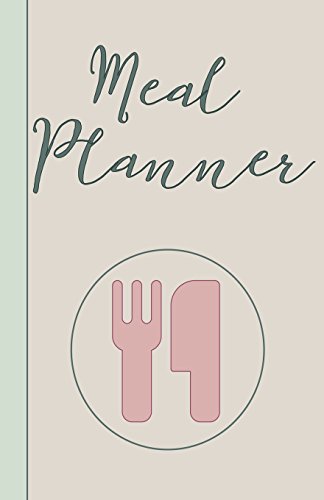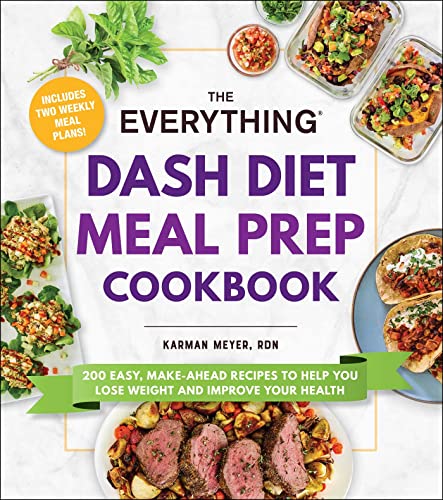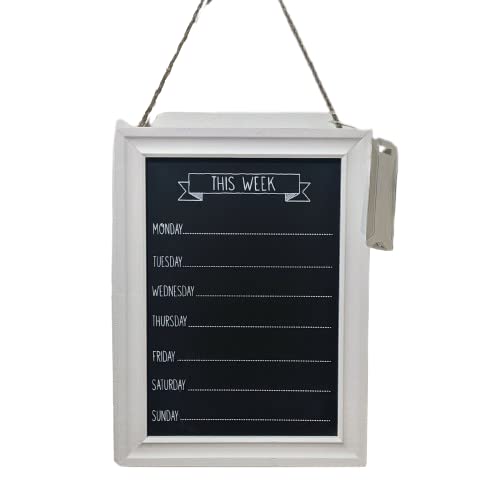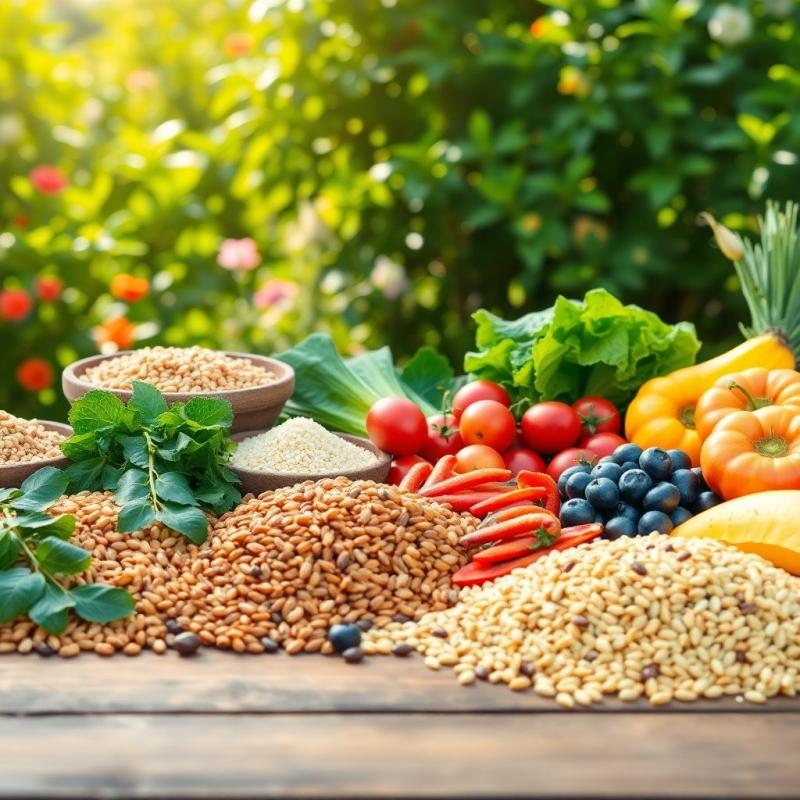Optimal Diets for Women: Ages 30-40
As women age, their bodies go through various changes, including hormonal shifts, decreased metabolism, and bone density loss.
To support overall health and well-being, it is important for women between the ages of 30 and 40 to follow an optimal diet that nourishes their bodies with essential nutrients.
Protein:
Protein is a crucial nutrient for women in their 30s and 40s as it helps maintain and repair body tissues, supports hormonal balance, and aids in weight management. Good sources of protein include lean meats, poultry, fish, dairy products, legumes, nuts, and seeds.
Folate:
Folate, also known as vitamin B9, is essential for women of childbearing age as it plays a vital role in preventing birth defects. It also supports red blood cell production and DNA synthesis. Leafy green vegetables, citrus fruits, legumes, and fortified grains are excellent sources of folate.
Calcium and Vitamin D:
As women age, they become more susceptible to bone density loss, making calcium and vitamin D crucial nutrients. Calcium strengthens bones and teeth, while vitamin D aids in calcium absorption. Dairy products, fortified plant-based milks, leafy green vegetables, and fatty fish are rich sources of these nutrients.
Maintaining a Healthy Weight: Diet Tips and Tricks
For women between the ages of 30 and 40, maintaining a healthy weight becomes increasingly important. A balanced diet can contribute significantly to overall well-being and help minimize the risk of chronic diseases. Here are some essential diet tips and tricks to consider:
1. Prioritize Nutrient-Rich Foods
Eating a variety of nutrient-rich foods is crucial for maintaining optimal health. Include plenty of fruits, vegetables, whole grains, lean proteins, and healthy fats in your diet. These foods provide essential vitamins, minerals, and antioxidants that support your body's functions and help maintain a healthy weight. Avoid or limit processed foods, sugary snacks, and sweetened beverages which often contribute to weight gain and can be detrimental to your long-term health.
2. Practice Portion Control
Avoiding overeating and practicing portion control can be key to maintaining a healthy weight. Be mindful of your food portions and listen to your body's hunger and fullness cues. Consider using smaller plates or bowls, which can help you eat smaller portions without feeling deprived. Additionally, take your time to chew your food properly, savoring each bite and giving your brain enough time to register that you are satisfied.
3. Stay Hydrated
Proper hydration is often overlooked but plays a vital role in weight management. Drinking adequate amounts of water throughout the day can help curb cravings, boost metabolism, and assist in digestion. It is recommended to drink at least eight glasses of water per day, and more if you engage in physical activity. If plain water seems too boring, try infusing it with fruits like lemon or adding herbal teas to your daily fluid intake.
4. Be Mindful of Emotional Eating
Many women in this age group face increased professional and personal responsibilities, which can lead to stress and emotional eating. Be aware of your emotional triggers and try to find alternative ways to manage stress, such as exercise, meditation, or engaging in hobbies. When you find yourself reaching for food out of boredom or stress, take a moment to pause and ask if you are truly hungry or if there are other underlying emotions at play.
Remember To Boost Energy Levels You Need These Foods to Fuel Your Body
As women in their 30s and 40s, our bodies go through various changes that can impact our energy levels. Tiredness and fatigue are common complaints during this stage of life, but the good news is that there are dietary choices we can make to help fuel our day and boost our energy levels. Here are some nutrient-rich foods that should be incorporated into your diet to optimize your energy levels and overall well-being.
1. Dark Leafy Greens:
Foods like spinach, kale, and Swiss chard are powerhouses of energy-boosting nutrients. Packed with iron, vitamin C, and magnesium, these greens contribute to the production of energy in our cells. Add them to your salads, smoothies, or cooked dishes for a refreshing and nourishing boost.
2. Complex Carbohydrates:
Rather than opting for simple carbohydrates that cause blood sugar spikes and crashes, choose complex carbs for sustained energy. Foods such as whole grains (quinoa, brown rice), legumes (chickpeas, lentils), and root vegetables (sweet potatoes, carrots) provide a steady release of glucose, keeping you energized throughout the day.
3. Healthy Fats:
Don't be afraid of fats! Healthy fats are essential for brain function and provide long-lasting energy. Incorporate sources like avocados, nuts and seeds, olive oil, and fatty fish (such as salmon) into your meals. These fats are rich in omega-3 fatty acids, which can support cognitive function and help fight fatigue.
4. Protein-Rich Foods:
Including enough protein in your diet is crucial for women in their 30s and 40s. It helps maintain muscle mass, balances blood sugar levels, and provides steady energy. Choose lean sources of protein like chicken, turkey, tofu, Greek yogurt, and eggs. These options are also packed with essential amino acids, vitamins, and minerals.
By incorporating these energizing foods into your daily diet, you can promote increased energy levels, combat tiredness, and optimize your overall well-being. Remember, everyone's body is different, so it's important to listen to your own needs and consult with a healthcare professional or registered dietitian to tailor your diet to your specific requirements.
Prioritizing Long-term Health With Age-specific Diet Recommendations
Adopting a balanced diet that meets the nutritional needs of your body is crucial for maintaining optimal health throughout your life. As women between the ages of 30 and 40, it becomes increasingly important to prioritize long-term health by focusing on nutrient-dense foods that support your body's changing needs.
Eating for Energy:
During your thirties and early forties, it's common to feel an increase in responsibilities, such as career advancement and family life, which can lead to higher stress levels and fatigue. To combat these challenges, it's essential to consume energy-rich foods that nourish your body and prevent burnout. Incorporating complex carbohydrates, such as whole grains and legumes, can provide a sustained release of energy throughout the day. Additionally, including adequate protein sources, such as lean meats, fish, dairy, and plant-based proteins like tofu or lentils, will help to stabilize blood sugar levels and promote satiety.
Check out this energy bars and essential nutrients
Bone Health and Calcium Intake:
As you enter your thirties, bone density gradually starts to decline, making it crucial to focus on maintaining strong bones. Adequate calcium intake becomes even more vital during this phase of life. Include calcium-rich foods like low-fat dairy products, leafy greens, and fortified plant-based milk alternatives in your diet. Additionally, integrating vitamin D sources, such as fatty fish or sunlight exposure, will help your body absorb calcium effectively.
Check out these Bone Health Supplements
Read about Simple Steps to Effective Weight

